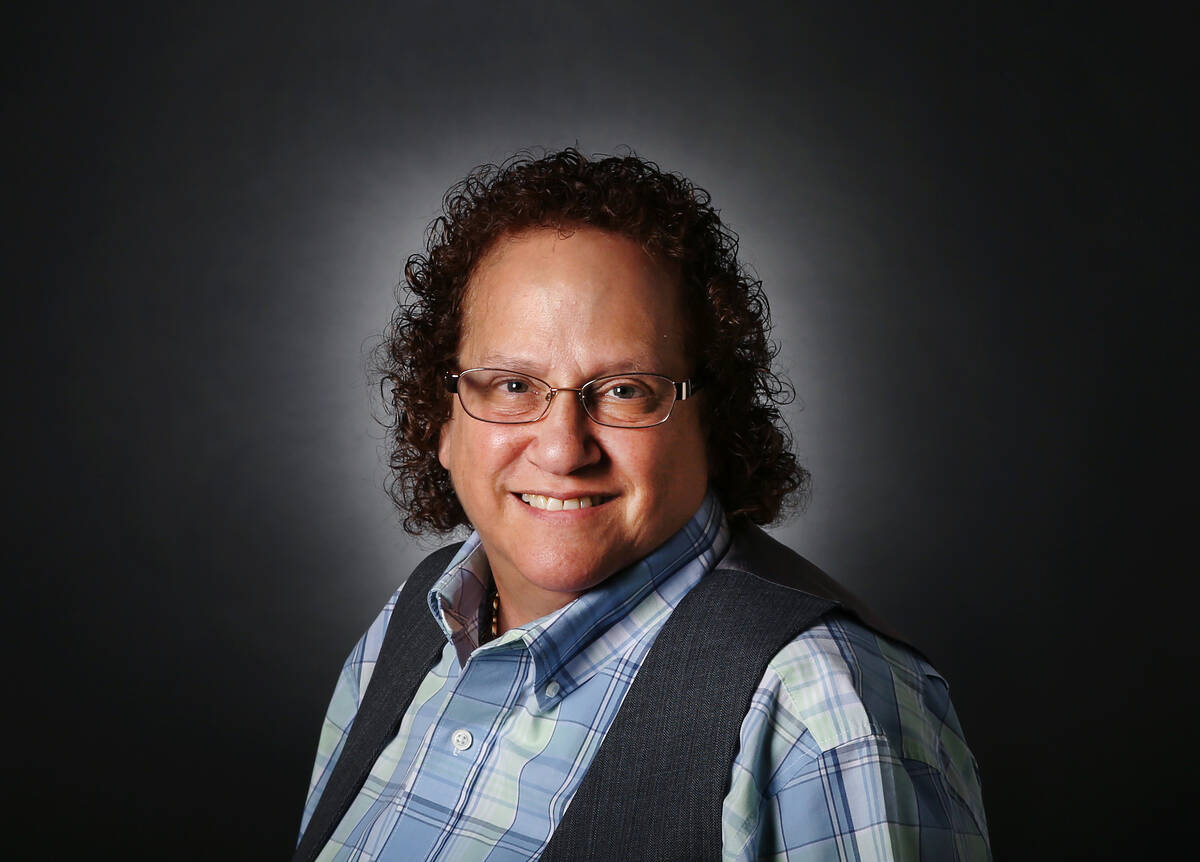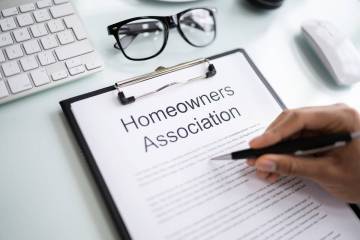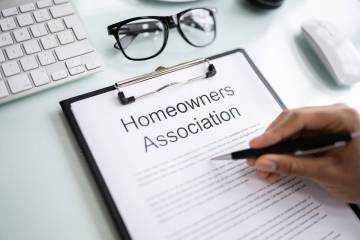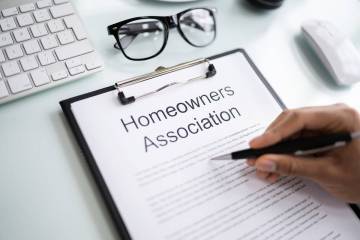Homeowner says HOA is subsidizing golf country club
Q: Looking for some advice. My homeowners association has private country club/golf course that the other HOA residents are not members unless they pay a minimum of 100-plus percent (right now about 130 percent) of the HOA fees. All this is fine, except the country club’s fees to the HOA have not increased in the entire 37 years the HOA has existed. No increase whatsoever for operating expense increases.
All of the residents are paying much higher HOA fees, thereby subsidizing the Private Club. The president of the HOA concurred. When the community was set up, they set it that only if the country club agreed would they pay any increased fees.
Could you point me somewhere that I could get some advice on this situation?
This is not a pity play. I’m fully disabled on Social Security, and I know a lot of other residents who are on very small fixed budgets. I just feel its wrong for a county club to have lower-income people subsidize them.
A: You or your association would need an attorney to review the governing documents and any other pertinent information pertaining to the legal relationship between the association and the country club/golf course. This information would provide you with the answer as to the country club/golf course’s financial obligations. If the information shows that country club/golf course should be absorbing more of the operating costs, your association would need to get involved with the assistance of their attorney to make changes with them.
Q: We have been in our new home less than a year, and have had a neighbor (for) about six months. We are in a new subdivision area. After our neighbor finished his yard, we started noticing a white residue from water seepage. We can see they planted too close to the common wall, and likely damaged the water drainage swale by installing pavers over it. We tried to reason with them, but the stains continue to expand. Their yard is terraces about 3 to 4 feet above ours, that is where the water is coming through.
So we contacted the master association and our neighborhood association. They both said there is nothing they can do. They claim that even if the neighbors didn’t follow the guidelines, they are not enforceable by them.
Naturally, we are concerned about the aesthetics, but more importantly the future integrity of the wall or, I’m told that, even here, mold can result. Since the water has only started seeping though a couple of months ago, what will it be like years down the road or after heavy rains, of which we haven’t had lately.
We notice that areas of a huge retaining wall in the subdivision is also starting to get big white stains. The retaining walls are several stories high. Just seems to me, the whole subdivision will start to lose value because of the ugly stains and people wondering why. I can see from the road, that the stains are occurring where someone planted right at the wrought iron fence at the back of their yard.
Are we being unreasonable? Can we get no one to start fixing the issue before it’s out of hand? When our landscaper did our yard, they put thick liners where we had raised beds against the common walls. We can see no white stains on the opposite side where we have raised beds. So, it seems by following the guidelines, there is no problem.
Any advice would be greatly appreciated. I’m thankful my friend follows your column!
A: Review your covenants, conditions and restrictions to determine the role and obligations of each homeowner and of the board of directors as to each maintenance responsibilities.
There comes a point where associations should become involved with homeowner-to-homeowner issues especially in such wall issues, which unfortunately are not uncommon.
You should also review their architectural guidelines as your neighbor maybe violating their setbacks. This could be a possible association violation.
Start documenting with dates and photographs. Your last alternative is to contact an attorney but try again with your association as you may find support with your governing documents
Q: I have a question about how much a HOA can raise dues monthly. I though it was only 3 percent a year. Mine went from $90 to $115 a month.
A: There is no state law that limits the increase that an association can propose to the membership. You would need to look at your CC&Rs or your bylaws to find what limit a board can increase the assessments without a formal vote by the membership.
Barbara Holland is an author and educator on real estate management. Questions may be sent to holland744o@gmail.com.






















